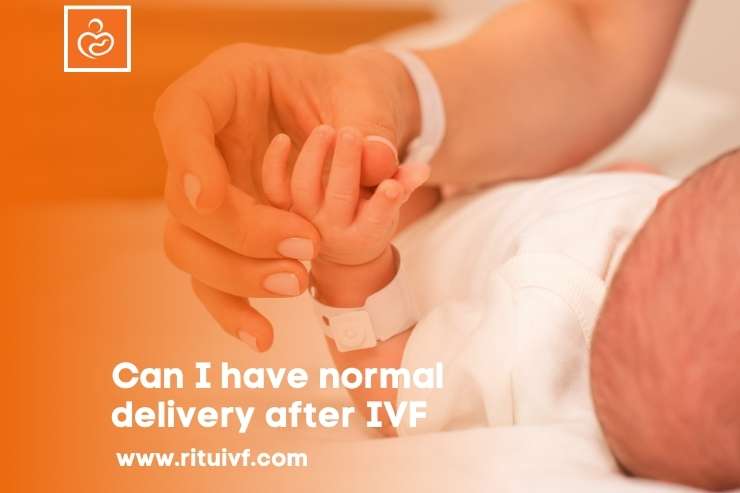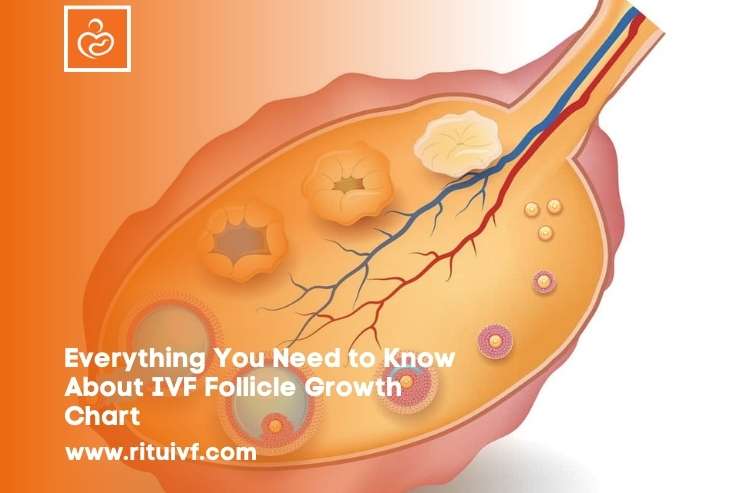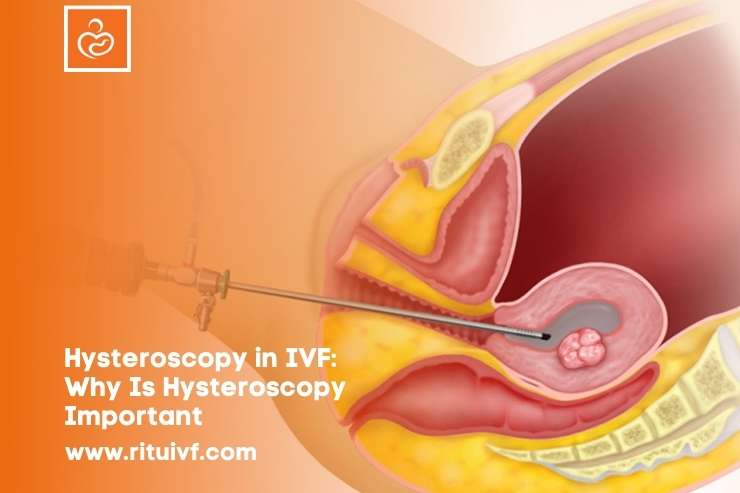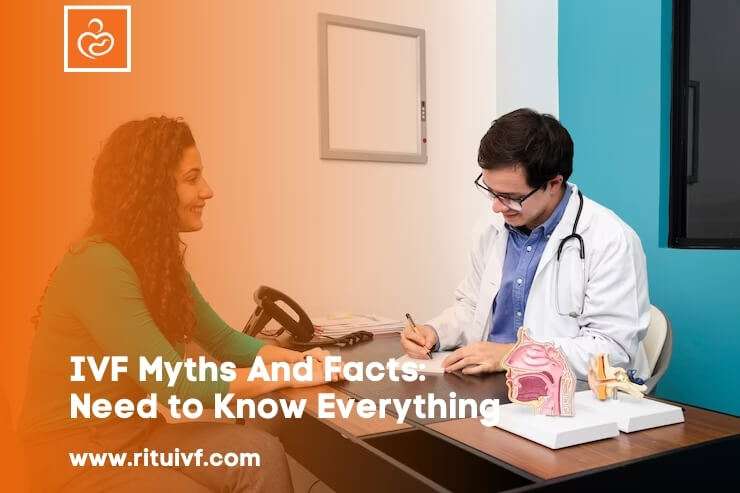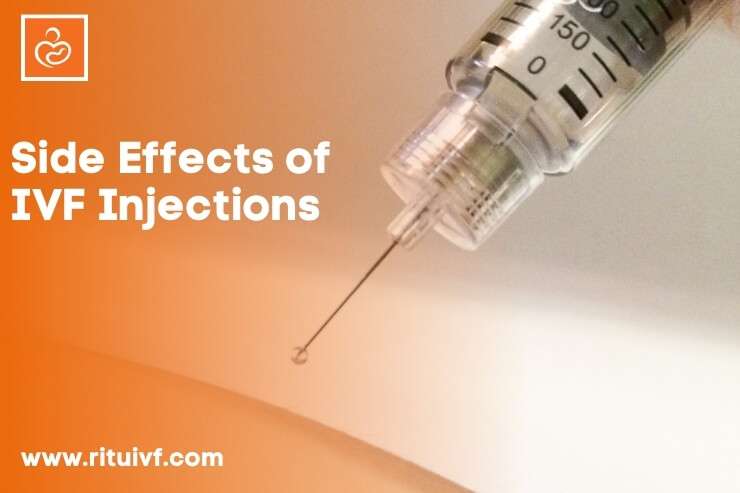In vitro fertilization or IVF is an advanced fertility treatment designed to help couples or individuals conceive when natural conception becomes difficult. It is the most popular assisted reproductive technology preferred by infertile men and women who dream of becoming parents. However, despite its high success rate, it is still a taboo in many parts of the world. The biggest concern for these people who are skeptical about opting for IVF is that a normal delivery won’t be possible. So, will it truly be challenging to have normal delivery after IVF or is it just a myth? In this article, we will tell you all about delivering babies through IVF.
An Overview of IVF
During the IVF procedure, the first step is stimulating the ovaries so that they generate multiple mature eggs. Then, surgical removal of the eggs from the ovaries takes place and this procedure is called egg retrieval. The mature eggs and sperm are combined outside the woman’s body and in a lab to maximize the chances of implantation. The sperm can be either the male partner’s sperm or the sperm of a donor. When eggs and sperm come in contact with each other in a controlled environment, several embryos (fertilized eggs) are formed at the same time. Finally, the embryos are carefully placed into the uterus and then, you simply have to wait.
If implantation is successful, you will experience the same symptoms as someone who got naturally pregnant. But the main question is: After IVF normal delivery is possible or not? Let’s find out.
Can You Expect a Normal Delivery After IVF?
Even in IVF pregnancy normal delivery is not uncommon. IVF treatment only treats a woman’s infertility issues without impacting her ability to deliver babies through her vagina. Once she gets pregnant through IVF, her pregnancy journey will be the same as another woman who conceived through intercourse.
So, whether you will require a Caesarean delivery or a normal delivery depends not on the IVF procedure but on various factors such as maternal health, fitness levels, and age of the individual undergoing IVF.
The decision regarding the delivery process – be it cesarean section or vaginal delivery- is usually the doctor’s discretion. Once a pregnant woman goes into labor, the doctor considers the mom’s and the baby’s health and suggests the best option. As a would-be-mother, it is essential to ask questions and have detailed discussions about your delivery options with your healthcare provider as that person can give personalized guidance after monitoring you and the baby.
Why Is Normal Vaginal Delivery Desired After IVF?
We all hope for normal delivery in IVF and the advantages are many:
- As opposed to a C-section, the recovery period is shorter for IVF babies delivered vaginally.
- If it’s a normal delivery, the risks of infections and surgical complications will be lower.
- After normal delivery, a woman can immediately breastfeed.
- To alleviate the pain, the female body releases endorphins and oxytocin during natural labor and normal delivery. So, normal delivery also positively impacts the emotional well-being of the mother.
- Some studies claim that a normal delivery after IVF is linked with a low risk of long-term health issues like childhood obesity and respiratory ailments in the baby.
Reasons Why Doctors Perform C-Section for Some IVF Pregnancies
Now let’s have a look at some of the biggest determining factors that help doctors choose between NORMAL PREGNANCY V/S THE IVF PREGNANCY:
Prolonged labor:
If a pregnant lady is in labor for at least 20 hours, the condition is called prolonged labor. 1/3rd of the C-section births taking place around the globe happen due to this reason. Prolonged labor is something that even a woman with a normal pregnancy can experience and to avoid complications, doctors proceed with surgery.
Not getting adequate oxygen:
Sometimes, doctors perform surgery in urgency to take out the baby from the mother’s body. One such scenario is when the baby does not get sufficient oxygen and might get choked.
Maternal health problems:
When a woman has pre-existing conditions that can get exacerbated during vaginal delivery or labor, the doctor must prioritize her well-being and suggest a C-section.
Abnormal position:
The baby should remain in a headfirst position around its mother’s birth canal. This facilitates a successful delivery through the vagina. If the baby suddenly flips, the butt/ fete will be in the birth canal and so, for the safety of the baby, C-section is preferred.
Complicated pregnancy:
Placenta previa and placental abruption are some pregnancy complications. Placenta previa means cervix getting covered by the placenta and placental abruption indicates an untimely separation of your placenta. Both conditions necessitate a Cesarean delivery to keep potential risks at bay.
Multiple babies:
If someone is pregnant with multiple babies, the doctors want to ensure the safety of all the babies. So, what could be more reliable than a C-section?
Health conditions:
A C-section is the safest option for an expecting mom who has been diagnosed with heart problems, high BP, or diabetes. C-section is also the right choice for women with serious health complications like cancer or HIV.
Tips to Increase the Chances of Normal Delivery in IVF
Most women desire to give natural birth after IVF but there is no guarantee. However, you can follow some steps to maintain your overall health and prepare your body for vaginal birth. These are some lifestyle alterations advised by healthcare providers:
-
Select a qualified IVF doctor
An accomplished and qualified fertility doctor will help you have a smooth and low-risk pregnancy through IVF. So, your chances of a normal vaginal birth will be higher.
-
Stay physically active
Engaging in physical activity daily is not just safe but great for expecting moms. Walking, swimming, and prenatal yoga are some excellent exercises to facilitate fetal positioning and thus, prepare the female body for uncomplicated labor.
-
Eat a balanced diet
If you aren’t a fan of Cesarean delivery, eating nutrient-rich meals is as important as regular exercise. Additionally, give adequate rest to your body to keep fatigue at bay and aid the baby’s development.
Read to know: What to Avoid during IVF Treatment
-
Get proper prenatal care
Prenatal care encompasses everything from going for regular check-ups to taking your prenatal supplement. If you visit your doctor regularly, they will address any complications promptly and so, normal vaginal delivery will still be an option.
-
Prepare mentally for a Cesarean section
As explained already, many factors influence the mode of delivery. If things don’t go as planned, your doctor may not ask you to wait for a normal delivery. So, you should always stay prepared for Cesarean delivery as nothing matters more than the well-being of the baby.
-
Be positive
Giving birth is not easy and a positive attitude will benefit you immensely. So, do not take stress and stay hopeful. These will double your chances of having a normal and quick delivery.
To Sum Up
We have told you everything you need to know about the link between IVF and normal delivery. Lastly, your healthcare provider will decide your mode of delivery after weighing factors like fetal position, obstetric complications, multiple pregnancies, duration of labor, fitness levels of the mother, etc. The aim of every couple should be to prioritize their baby’s safety and the well-being of the mom. So, have open communication with your doctor, and whatever delivery mode is ideal for you, we wish you all the best!
